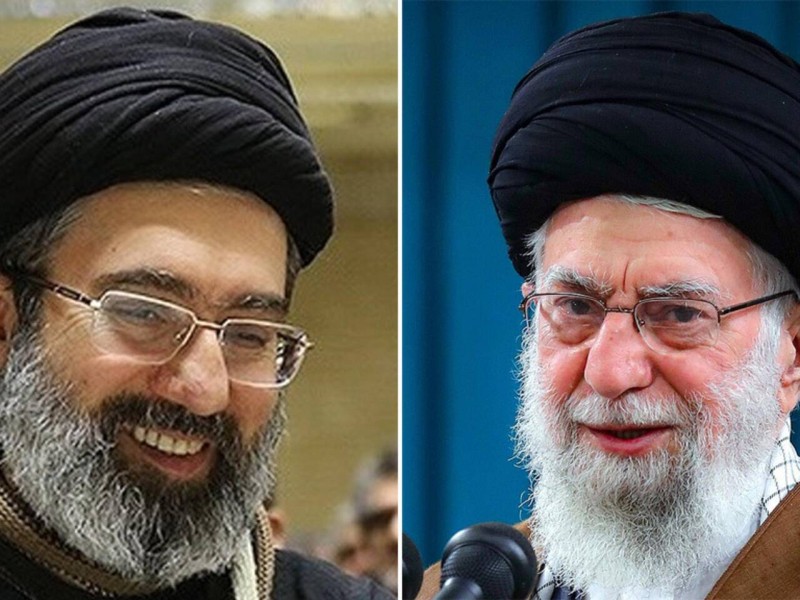As Western reports confirm the deteriorating health of the leader of the mullahs, Ali Khamenei, the question again arises as to who will succeed him in the most important position in Iran?
Khamenei, 83, has been suffering from cancer for years and was operated on in 2014. Recently there are reports that he is on his deathbed, which adds a new crisis to the list of crises facing the regime in Tehran. especially without there being an official successor still called him.
In past years, many personalities have been proposed to succeed Khamenei, but some of them have died, such as Mahmoud Hashemi Shahroudi, who died in 2018, and others, such as Sadiq Larijani, head of the Expediency Council, have been excluded due to his positions on preventing his brother Ali Larijani from participating in the 2021 presidential election.
In a report by the Iranian website Farda, assuming that nothing special happened in Iran until Khamenei’s death and that political conditions remained as they are now, his second son, Mojtaba Khamenei, is the most important candidate to succeed him. Others appoint the current president, Ibrahim Raisi, to the leadership position. The choice of the leader, according to the Iranian constitution, is due to the so-called Assembly of Experts, made up of 88 religious with the degree of “mujtahid”.
Perhaps what increases Mojtaba Khamenei’s chances of being the supreme leader is the report in the official media close to the regime, to present the leader’s son as a “mujtahid” in recent times, and to call him “Ayatollah”. The son controls the largest economic institutions that make up 60% of the country’s economy and enjoys extensive influence in the security and military sectors, particularly with the Revolutionary Guards. And he has an intelligence and security organization that has largely marginalized the government’s intelligence ministry for the past 13 years. However, the road is not entirely clear for Mujtaba to succeed his father, as there are obstacles that can prevent this, in particular: the absence of administrative and official experience in the state and that his succession could meet the refusal to leave. in inheritance.
–


